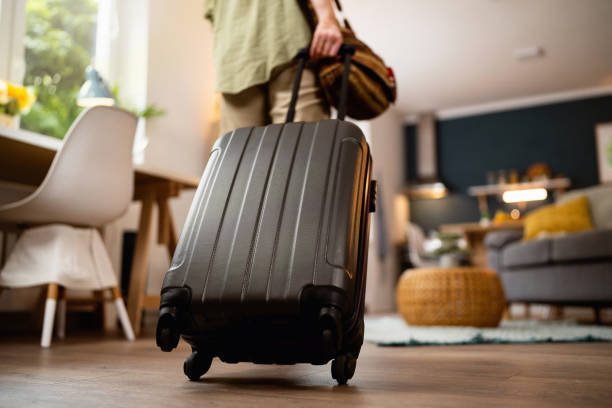Thinking about crossing the US-Canada border? If you’re an Austrian national, the prospect of exploring Canada’s breathtaking landscapes, vibrant cities, and rich culture is undoubtedly exciting. But before you pack your bags, there’s one critical component you need to address—understanding the visa requirements and travel regulations involved. In this comprehensive guide, we’ll take you through everything you need to know to make your border crossing smooth and stress-free.
Understanding the Visa Requirements
Do Austrian Nationals Need a Visa to Enter Canada?
If you’re an ENTERING CANADA FROM US BORDER passport holder, you’re probably wondering whether you need a visa to visit Canada. The good news is that for short stays, you don’t need a traditional visa. Like many other European nationals, Austrians can enter Canada with an Electronic Travel Authorization (eTA).
What is an Electronic Travel Authorization (eTA)?
An eTA is a mandatory entry requirement for visa-exempt foreign nationals traveling to Canada by air. It’s electronically linked to your passport and allows you to enter Canada for up to six months. Applying for an eTA is straightforward and can be done online.
How to Apply for an eTA
To apply for an CANADA VISA FOR AUSTRIAN NATIONALS government website. You’ll need your passport, a credit or debit card, and an email address. The application process takes only a few minutes, and most applicants receive approval within minutes. However, it’s advised to apply at least several days before your planned departure.
Crossing the US-Canada Border by Land
Required Documents
When entering Canada from the US by land, Austrian nationals must present a valid passport. Unlike air travelers, you don’t need an eTA if you’re entering by car, bus, train, or boat. However, ensuring that your passport is valid for the duration of your stay in Canada is crucial.
What to Expect at the Border
Border crossings involve a routine check by Canadian border officials. Providing clear and concise answers will speed up the process.
Health and Safety Protocols
Due to global health concerns, Canada has specific health and safety protocols in place, which may include presenting proof of vaccination or a recent negative COVID-19 test. Stay updated on the latest requirements by checking the Canadian government website before your trip.
Traveling Beyond the Border
Exploring Canada’s Diverse Regions
Once you’ve crossed the border, the adventure begins. Canada visa vast and diverse regions offer something for everyone. From the bustling streets of Toronto and the multiculturalism of Vancouver to the natural wonders of Banff and Jasper National Parks, your options are endless.
Accommodation and Transportation
Booking accommodations in advance can save you time and money. Major cities have a wide range of hotels, from budget-friendly to luxurious. For transportation, Canada’s public transport systems are reliable, and renting a car is a popular option for exploring more remote areas.
Currency and Payment Methods
While Canada primarily uses credit and debit cards, it’s wise to carry some Canadian dollars (CAD) for smaller establishments. Currency exchange services are available at airports, banks, and exchange bureaus.
Benefits of Visiting Canada
Rich Cultural Experiences
Canada is a cultural mosaic. It offers rich experiences in art, music, and food. Visiting museums like the Royal Ontario Museum or art galleries such as the Montreal Museum of Fine Arts can enrich your understanding of Canada’s heritage.
Natural Beauty and Outdoor Activities
Whether you enjoy hiking, skiing, or simply taking in scenic views, places like the Rocky Mountains, Niagara Falls, and the Northern Lights offer unforgettable experiences.
Friendly Locals and Safe Environment
Canadians are known for their politeness and hospitality. The country boasts a low crime rate, making it a safe and welcoming destination for travelers.
Staying Connected
Consider getting a local SIM card or an international roaming plan to stay connected. Free Wi-Fi is available in many public places, including cafes, libraries, and shopping centers.
Emergency Services
In case of emergencies, dial 911 for ambulance, fire, and police services. Familiarize yourself with local emergency numbers and services in the areas you’ll be visiting.
Conclusion
From understanding visa requirements to knowing what to expect at the border and beyond, this guide is your go-to resource for a seamless travel experience. Take the time to prepare, and you’ll be ready to enjoy everything Canada has to offer. Safe travels and happy exploring!
For personalized assistance and more detailed information, feel free to reach out to travel experts or consult official websites. Enjoy your Canadian adventure!



